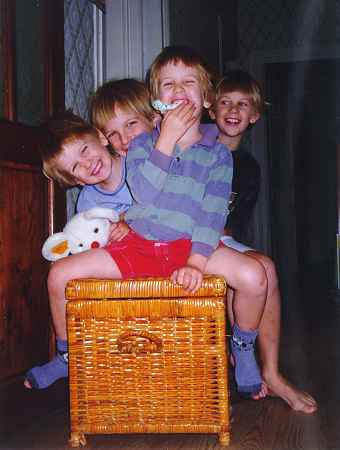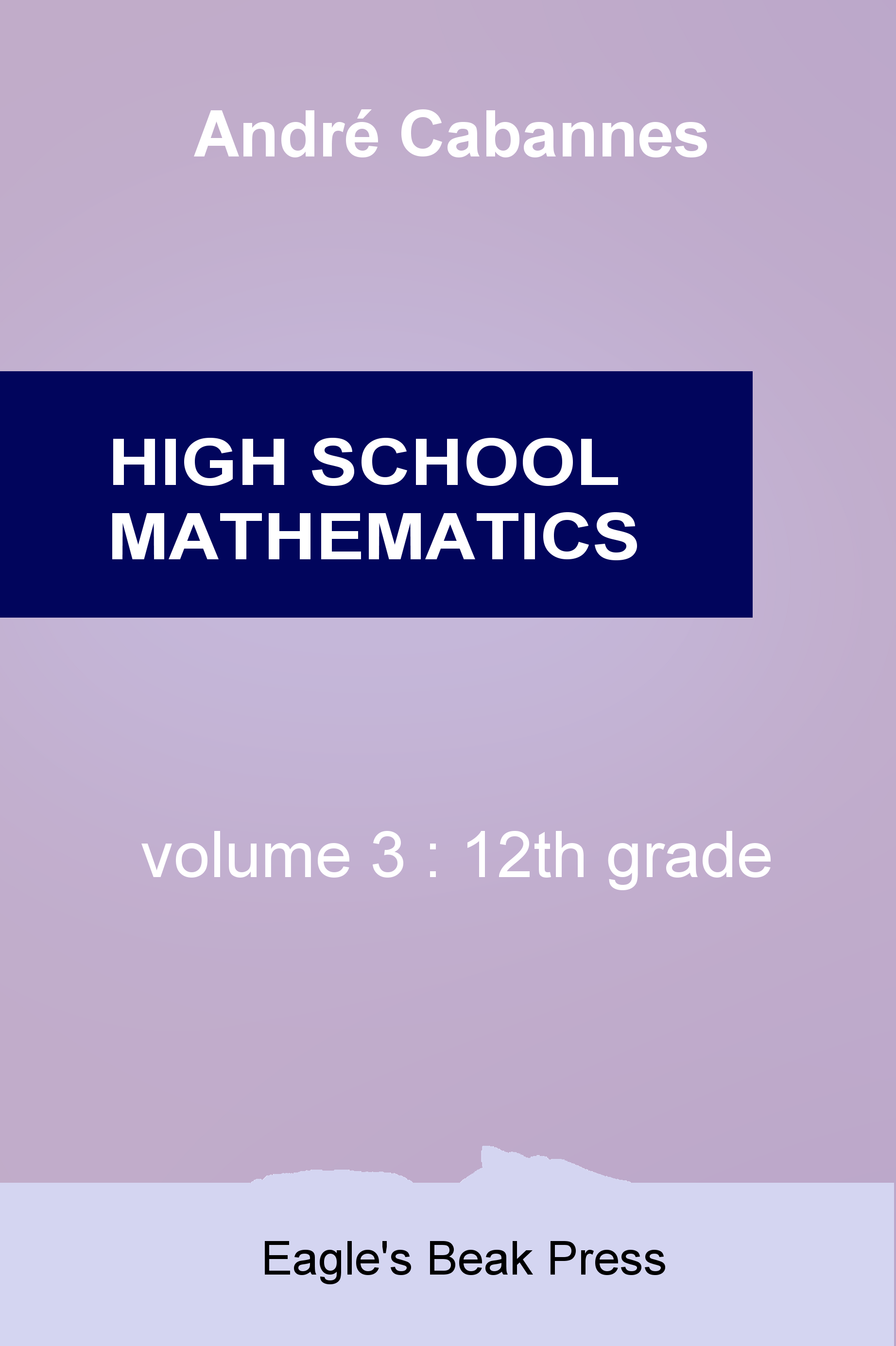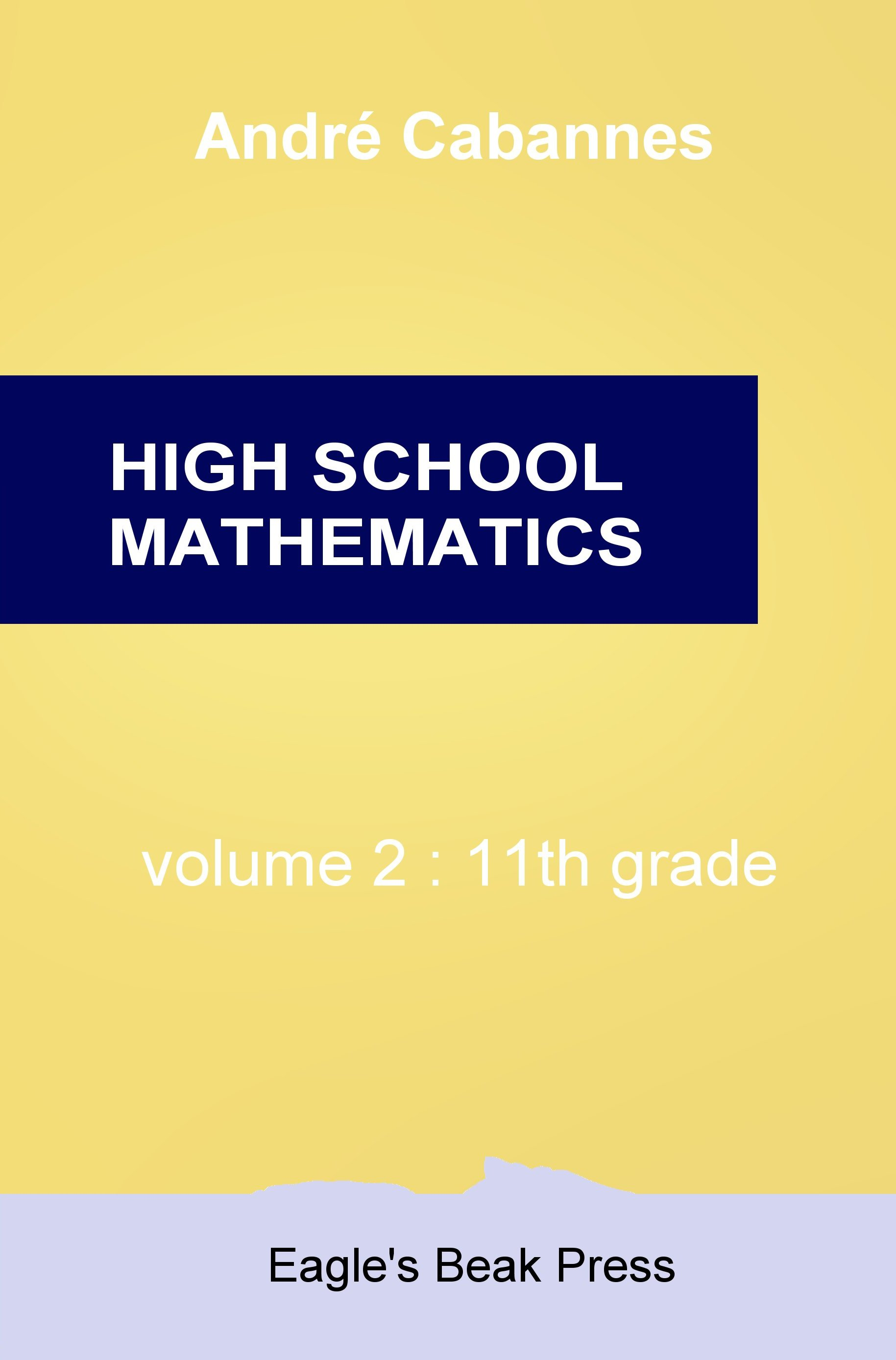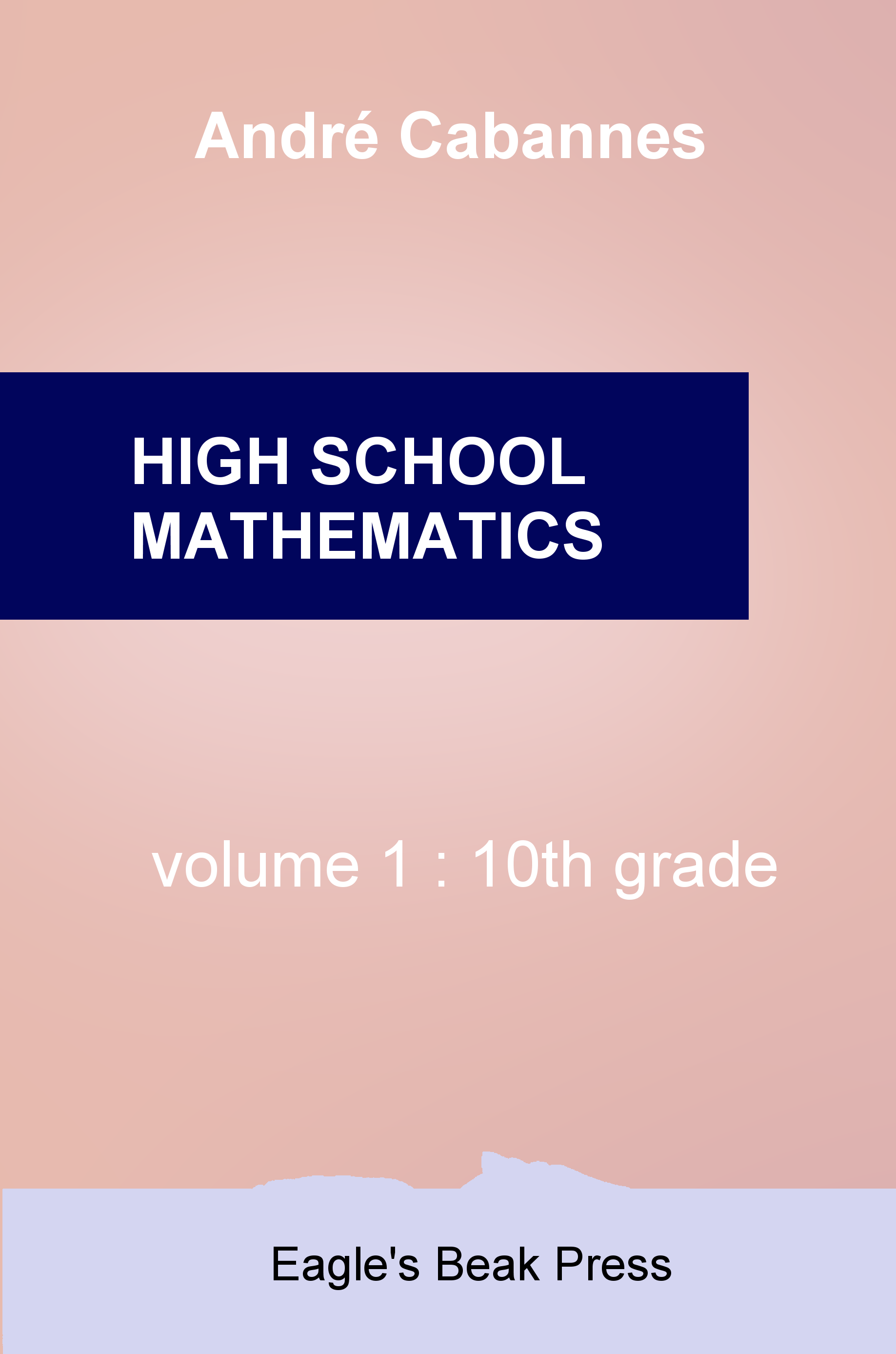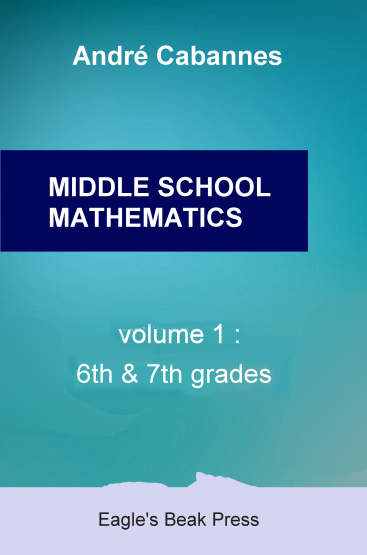Description
At home our four children participate in the housework.
Tokens
The system we adopted to organize their participation is of a monetary type, not with real money but with tokens. It is equivalent to a local money within the family. Compared to the more standard system based on a directive rota of chores, this system with tokens affords more flexibility, and it teaches kids aspects of money.
Chores
There are six chores under the responsibility of the children: for the noon meal and the evening meal, setting the table, clearing the table, doing the dishes. Setting the table is worth 1 point, clearing the table is worth 2 points, and doing the dishes is worth 3 points.
System
The six chores are worth altogether 12 points per day. There is a jar of tokens managed by me. The system was primed with tokens (each worth one point) distributed to the four kids. Now every day they can do the chores they like, including doing nothing. Every day each child receives from the jar the number of tokens corresponding to the chores he did. And every evening each child must put back into the jar 3 points. The system works well, and the six chores are done smoothly by the children.
Illustrations
- flexibility: a child can some day choose to do nothing and work more another day
- fight for work: sometimes a child is unhappy because he has no work and asks me to let him do the dishes instead of somebody else
- hoarders and happy-go-lucky: some children always have a comfortable reserve of tokens, others let their reserve go down to zero then scramble for work
- loans: some children lend tokens to others at a rate of 100% overnight. I have to intervene to forbid 200%. It is an opportunity to discuss the fact that acceptance by both parties is not sufficient justification.
- non convertibility: the tokens cannot be used in shops in town
- sovereignty: no national nor international institution ever interfered with our system to tell us what we should do and not do
- monetary autonomy: even if the family runs out of euros, it can still do its domestic work with its local money (or any other organized system for that matter)
Opinions
- one evening, one of the boys, then aged 12, said "oh rats, I don't have the 3 points for the taxes!", his twin brother told him "but it's not taxes, it is a modelling of the cost of life"; the first one replied "well, perhaps, but to me it is taxes the same"
- some children prefer the directive rota ("communism"), others prefer the system with tokens ("free market")
General principle (developed here: "What is a community? Living with five or six currencies in our wallet.")
- Any subset of the world population doesn't automatically form a community.
- A community is a group of people who decided to share some values and activities together.
- It necessarily implies the existence of a local money, explicit or implicit, because a money is simply the tool to manage fair exchanges between members, when they don't use a totally directive system.
- The relinquishment of their national moneys by the countries of the euro zone is one cause of the difficulties of southern countries in Europe.
- We recommend the use of two currencies in each euro zone country: the common currency – the euro –, and a national currency (in France, for instance, the eurofranc, or franc).
André Cabannes
see also
|

